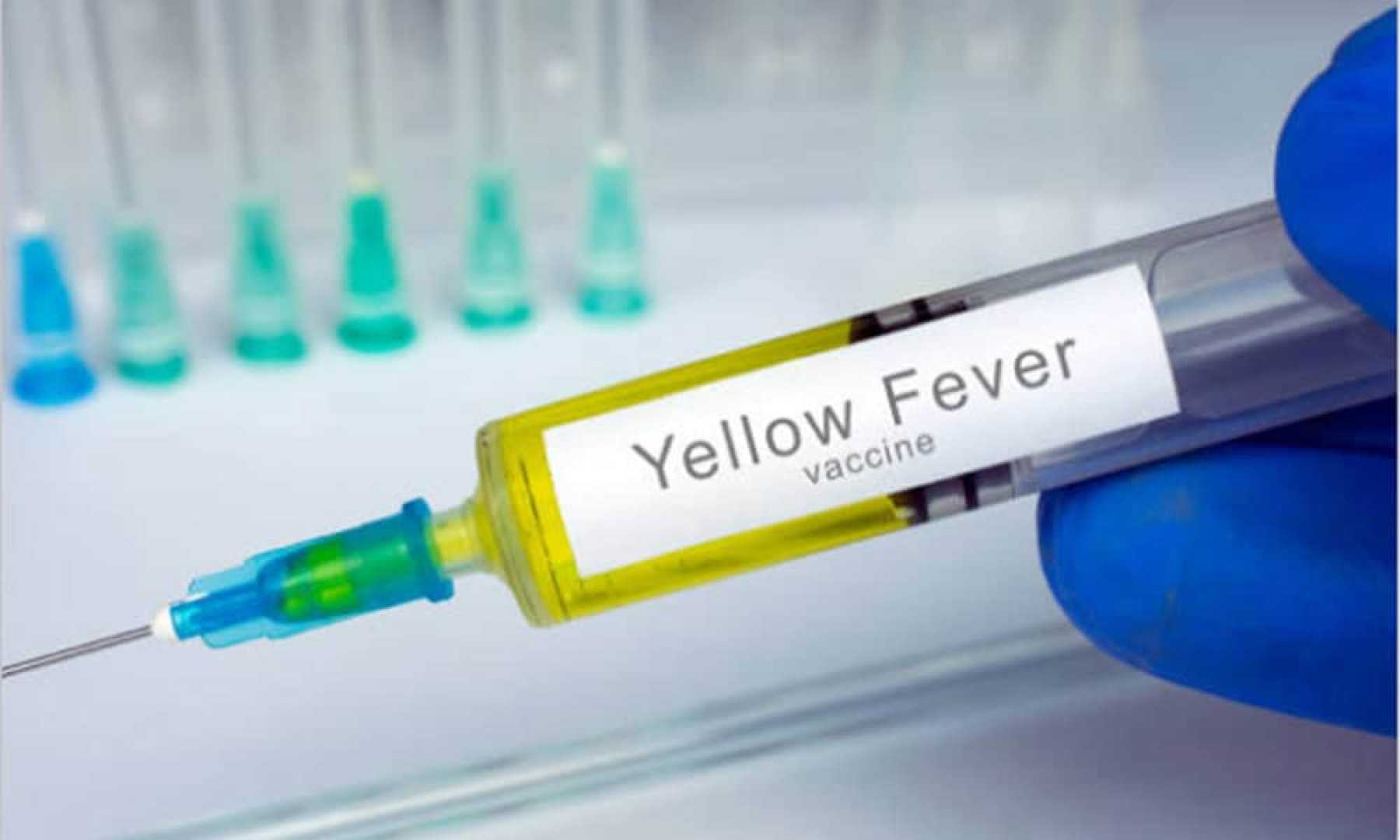Health
Costa Rica Reports First Yellow Fever Case in Nearly 70 Years

San José, Costa Rica – Health officials have confirmed the country’s first case of yellow fever in nearly seven decades. The Ministry of Health announced the positive result on Sunday, marking a rare occurrence for a nation that has been free of the disease since the 1950s.
The patient, a 29-year-old woman from the United States, recently traveled from the Amazon region of Peru. She began displaying symptoms on October 7 and arrived in Costa Rica the following day. Tests conducted by the National Institute for Research in Nutrition and Health confirmed the infection, leading to her hospitalization in a facility run by the Social Security Fund (CCSS).
Doctors are providing specialized care, and her condition is being closely monitored. This case highlights the risks associated with travel from areas where yellow fever is common. Officials noted that the woman had not received the recommended vaccine against the virus, which is advised for anyone traveling to high-risk regions, including parts of South America and Africa.
Yellow fever spreads through mosquito bites and can lead to fever, headache, and muscle pain, with severe cases resulting in organ failure. Although many recover after a mild phase, others may suffer a toxic stage marked by jaundice and bleeding.
In response to the case, Costa Rica’s health system activated surveillance protocols to track potential contacts and prevent any further spread. Mosquito control teams intensified their efforts in affected areas, focusing on eliminating breeding sites for the main carriers, Aedes and Haemagogus mosquitoes.
Health officials also reminded travelers to get vaccinated at least 10 days before visiting endemic areas. The confirmation of this case comes amid rising yellow fever cases across the Americas. Reports from the Pan American Health Organization indicate over 200 confirmed infections in the region this year, with a fatality rate around 40%.
Countries like Colombia, Brazil, and Peru have been experiencing outbreaks, which prompted Costa Rica to tighten its entry rules earlier in 2025. Since May, individuals traveling from or to high-risk countries must show proof of vaccination or spend time in low-risk areas before entry.
Experts highlight that Costa Rica’s tropical climate could support mosquito populations, yet strong public health measures have kept yellow fever at bay for generations. The last recorded cases in the country occurred in 1956, during a small outbreak affecting rural communities.
Health Minister Mary Munive emphasized the importance of caution but reassured the public. “We have the tools to handle this,” she said in a statement. “Our teams are prepared, and we’re coordinating with international partners to stay ahead.”
Travelers from non-endemic areas, such as the U.S., are urged to consult health guidelines and seek medical help if experiencing symptoms after recent travel. This case serves as a reminder of the interconnectedness of global health threats.
As investigations continue, officials will keep the public updated. For now, the focus remains on containment and educating residents and visitors to prevent further incidents.












